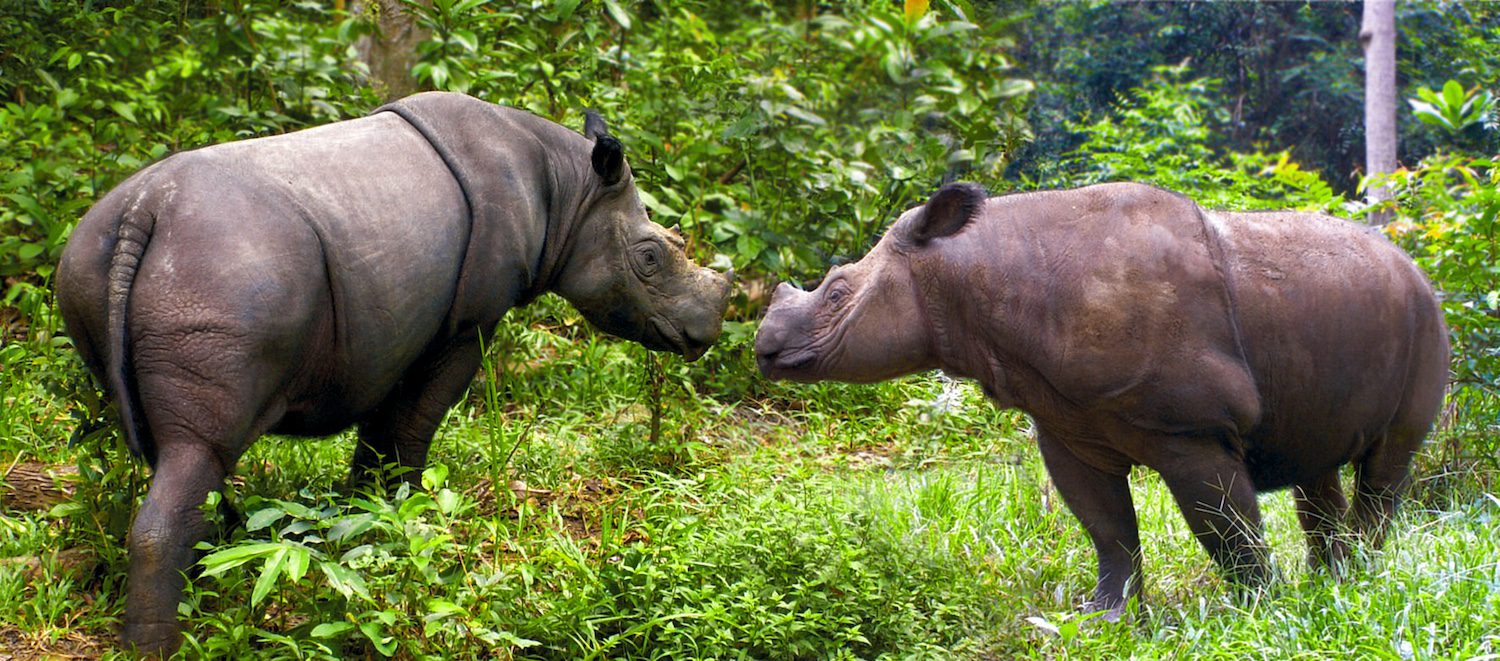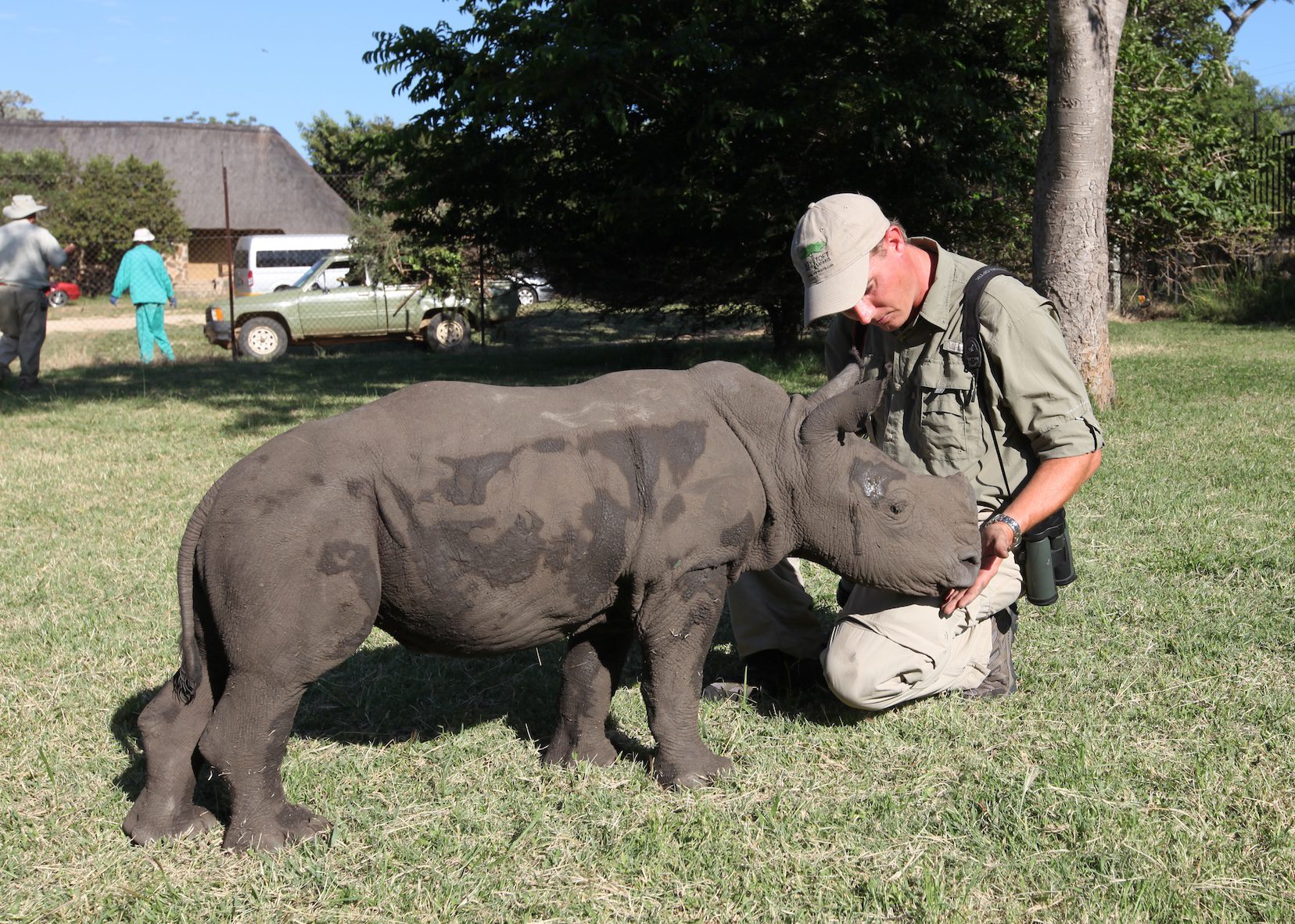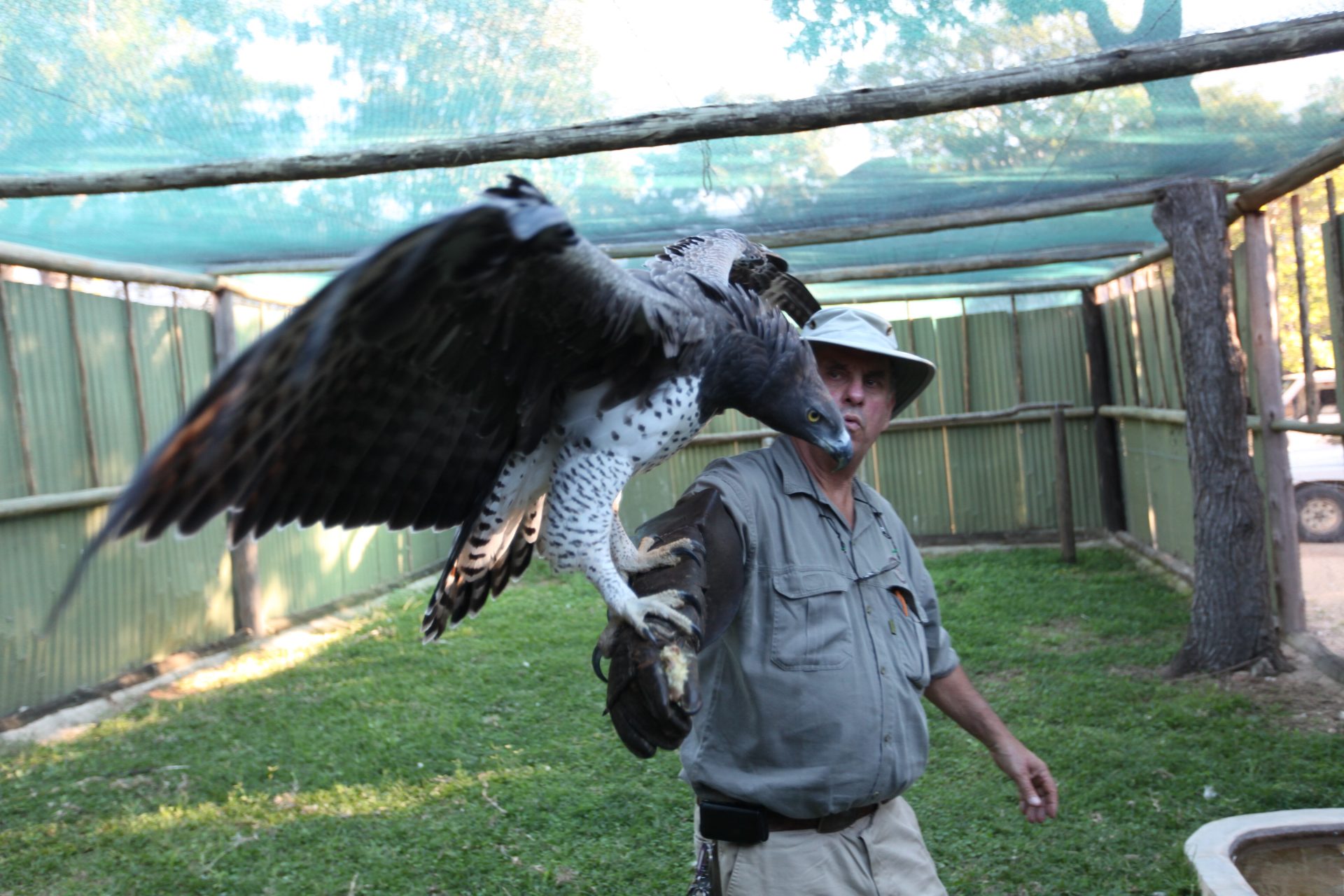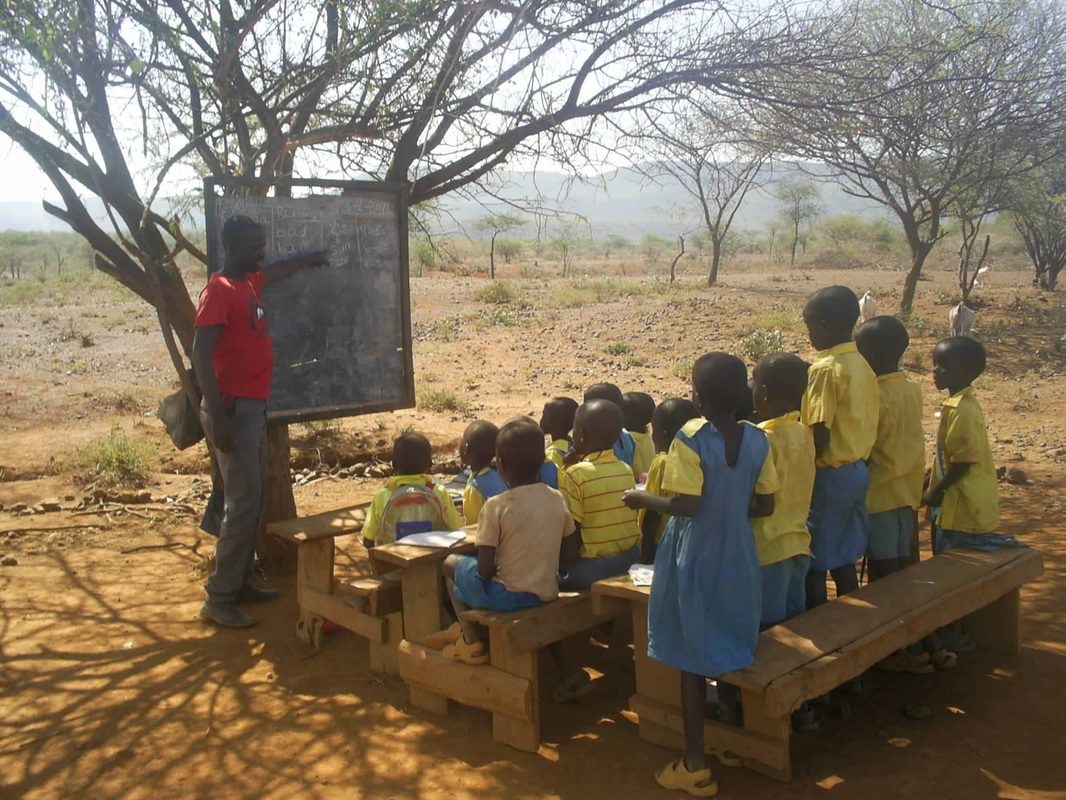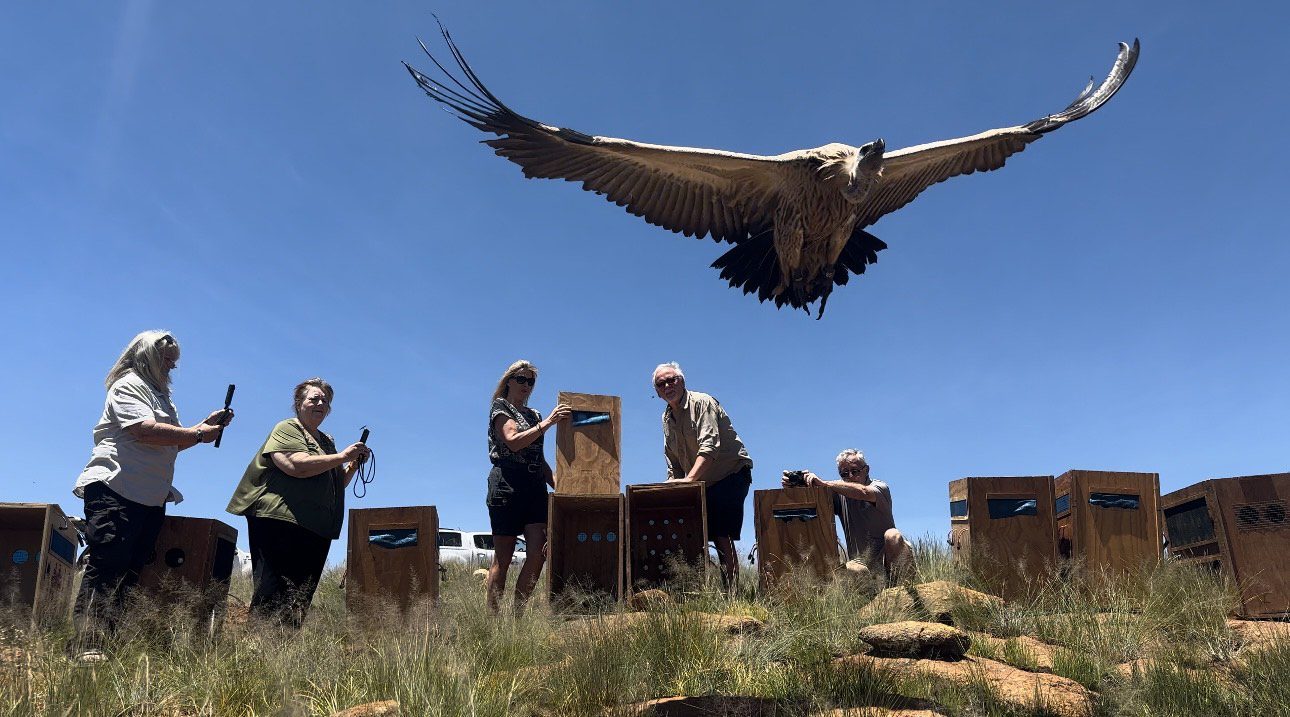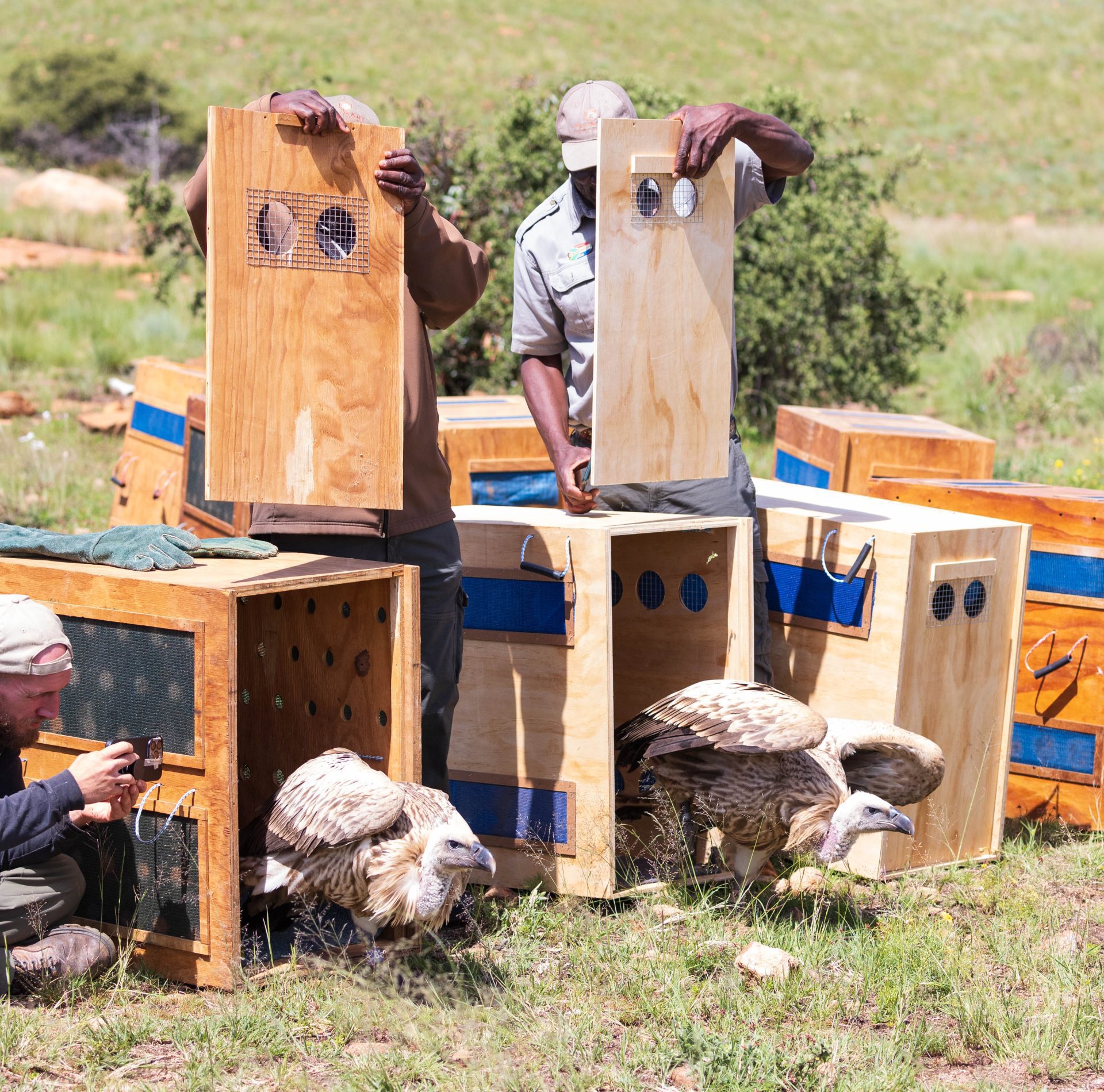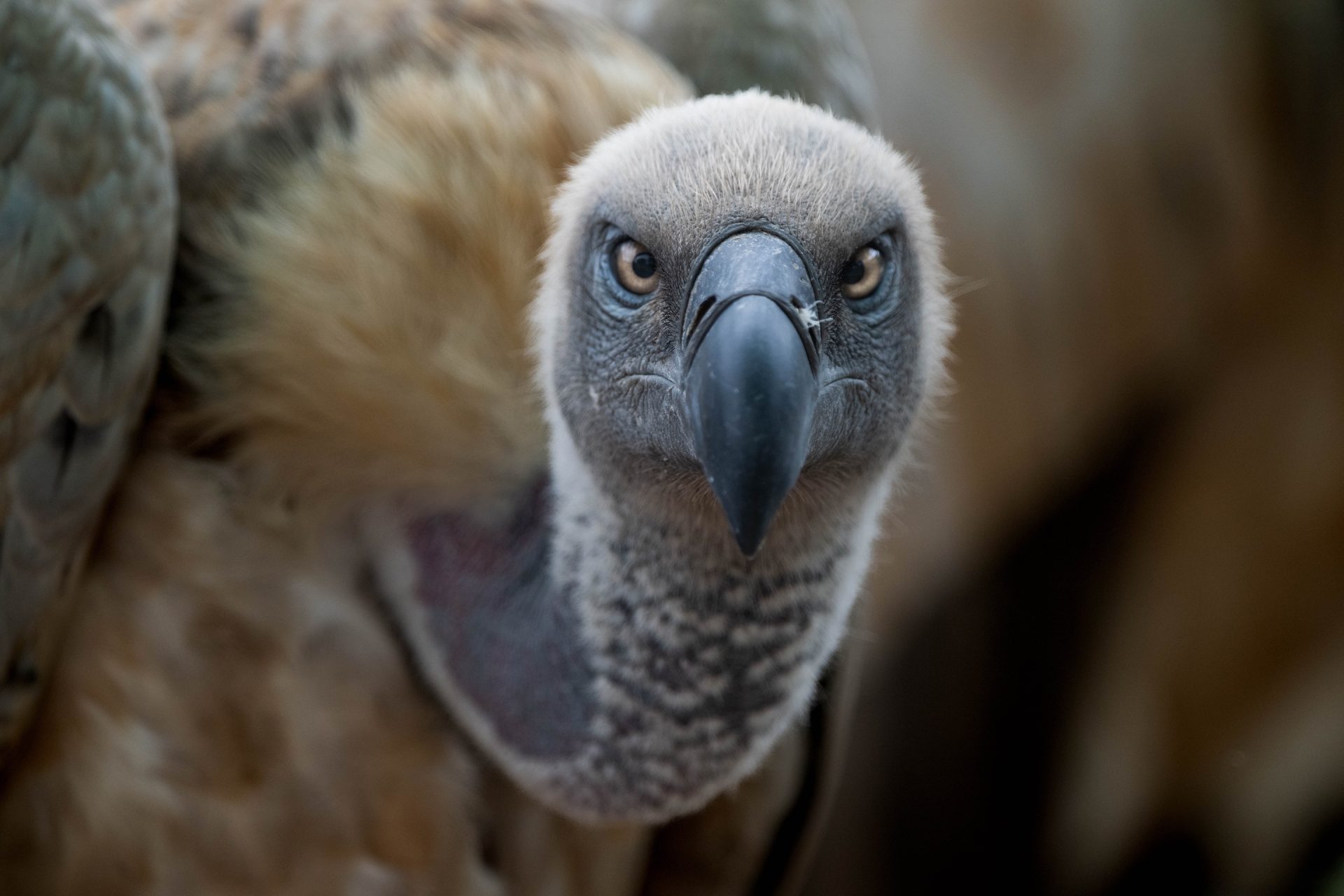CONNECTING HUMANS TO THE
NATURAL WORLD


OUR HISTORY
In 1995, Steve Martin formed the “World of Birds Show, Inc.” as a Section 501(c)(3) Public Charity with an exempt purpose of “furthering the education of the public concerning wildlife and the conservation of wildlife through educational programs.” Education of the public typically involves shows that integrate animals demonstrating their natural behaviors, a carefully designed dialogue, and an entertaining choreography.
Since then, World of Birds Show, Inc. has been soliciting funds and direction donations to worthy in situ organizations involved in conservation efforts for endangered animal species worldwide. It was re-named to do business as “Natural Encounters Conservation Fund, Inc.” in 2003. This change was made to better reflect World of Bird Show, Inc.’s mission of helping empower in situ conservation efforts.
A size-able portion of the donations are small amounts given by individuals attending shows in the United States. To date, NECF has donated more than $1,500,000 to diverse in situ conservation organizations. A majority of the recipients are located in Africa and focused on critically endangered animal species. In many instances, they are chronically underfunded causing NECF’s donations to a have a disproportionately greater impact than donations made to larger, well-funded organizations. When possible, the donations are directed to support specific projects rather than general purposes. Many of these relationships span more than 20 years.
NECF is a sister company to Natural Encounters, Inc. (NEI). NEI offers expertise in animal training, staff training, educational program production and presentation, exhibit design, and enrichment. With innovative, industry-leading technology, the NEI team of trainers has worked with hundreds of species of animals and has taught the art and science of behavior change to thousands of people. NEI’s goal is threefold: to Engage, Inspire, and Empower audiences and animal professionals all over the world by teaching the art of training and the science of behavior change.

OUR BOARD OF TRUSTEES

Steve Martin
President, NECF and NEI
Educational show producer and animal behavior consultant with experience at over 135 zoological facilities worldwide. Though best known for his work with free-flight bird programs, most of his consulting work involves teaching animal care professionals the art and science of behavior change principals focusing on positive reinforcement and producing inspirational animal programs designed to inspire caring that leads to conservation act.

Bernie Hansen
Secretary, Treasurer

